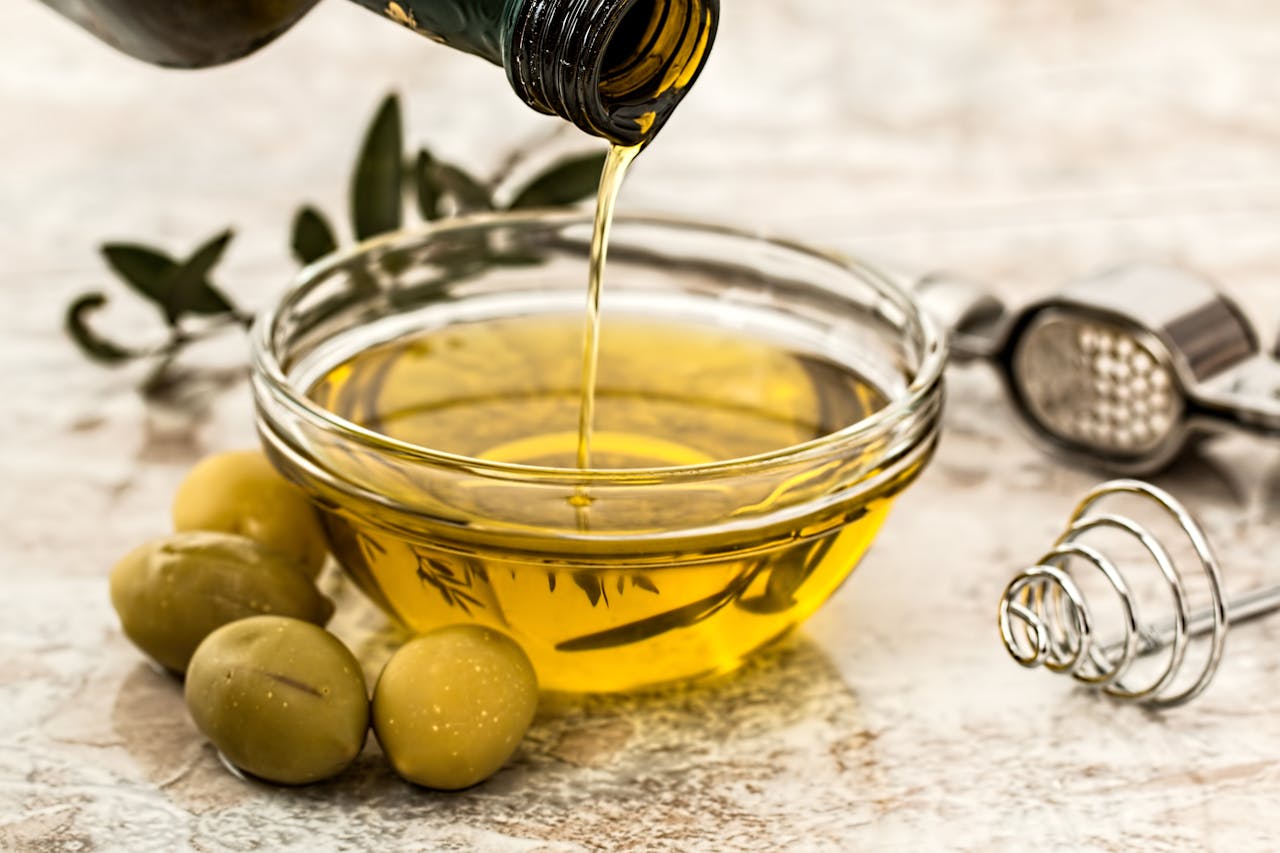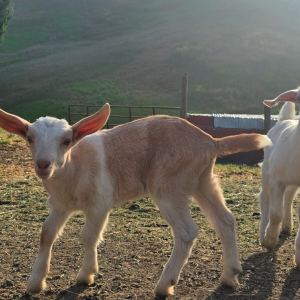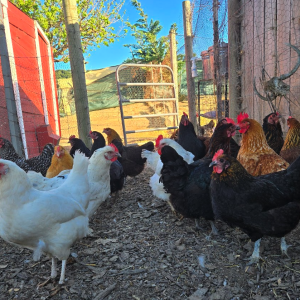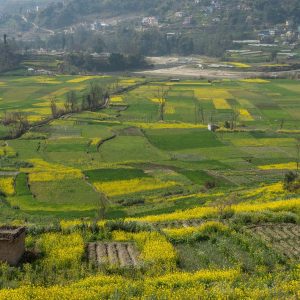The Quran mentions olive oil in a symbolic and spiritual context, emphasizing its blessings and significance as a creation of Allah. The most notable reference to olive oil is found in Surah An-Nur (The Light), where it is used as a metaphor for divine light. Below is a detailed explanation of what the Quran says about olive oil:
1. Olive Oil as a Symbol of Divine Light
- Surah An-Nur (24:35):
“Allah is the Light of the heavens and the earth. The example of His light is like a niche within which is a lamp: the lamp is within glass, the glass as if it were a pearly [white] star lit from [the oil of] a blessed olive tree, neither of the east nor of the west, whose oil would almost glow even if untouched by fire. Light upon light. Allah guides to His light whom He wills. And Allah presents examples for the people, and Allah is Knowing of all things.”- Explanation: In this verse, olive oil is used as a metaphor for divine light. The “blessed olive tree” symbolizes purity and divine favor, and its oil represents the clarity and radiance of Allah’s guidance. The light from the oil is described as self-illuminating, emphasizing the self-sustaining and eternal nature of Allah’s light.
2. Olive Oil as a Sign of Allah’s Creation and Blessings
- Surah Al-Mu’minun (23:20):
“And [We brought forth] a tree issuing from Mount Sinai which produces oil and food for those who eat.”- Explanation: This verse highlights the olive tree as a creation of Allah that provides both oil and food, emphasizing its practical and spiritual benefits. It is a reminder of Allah’s provision and care for His creation.
- Surah Abasa (80:29):
“And olives and palm trees.”- Explanation: Olives are mentioned among the blessings of Allah, alongside other fruits and plants, as a sign of His generosity and the diversity of His creation.
3. Olive Oil as a Symbol of Purity and Healing
While the Quran does not explicitly mention olive oil as a healing agent, its symbolic purity and association with divine light suggest a spiritual cleansing and nourishment. In Islamic tradition, olive oil is also praised for its health benefits, which aligns with the Quranic emphasis on natural remedies and the blessings of Allah’s creation.
4. Olive Oil in Islamic Tradition
Although not directly from the Quran, Hadith literature (sayings and actions of the Prophet Muhammad, peace be upon him) also highlights the significance of olive oil:
- The Prophet Muhammad (peace be upon him) said: “Eat olive oil and anoint yourselves with it, for it comes from a blessed tree.” (Reported by Ibn Majah and Tirmidhi).
- Olive oil is recommended for both consumption and external use, reflecting its dual role as a source of nourishment and healing.
Summary
In the Quran, olive oil is primarily mentioned as a symbol of divine light and a blessing from Allah. It represents purity, guidance, and the radiance of faith. The Quranic references to olive oil emphasize:
- Its role as a metaphor for Allah’s light and guidance (Surah An-Nur 24:35).
- Its status as a blessed creation of Allah, providing sustenance and nourishment (Surah Al-Mu’minun 23:20, Surah Abasa 80:29).
- Its symbolic purity and association with divine favor.
In Islamic tradition, olive oil is also valued for its practical benefits, including its use in food, medicine, and personal care, reflecting the Quranic theme of appreciating Allah’s blessings in the natural world.













